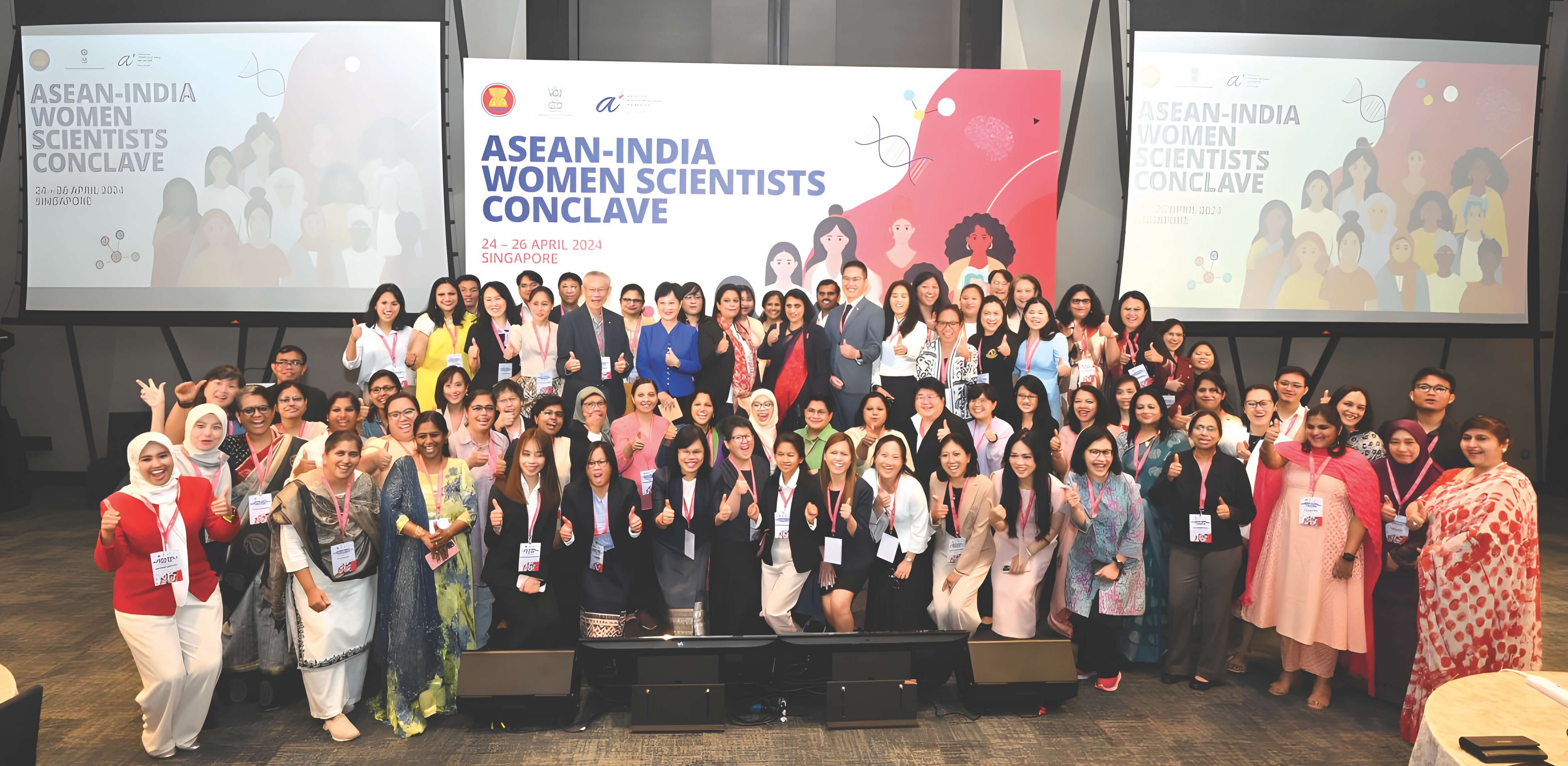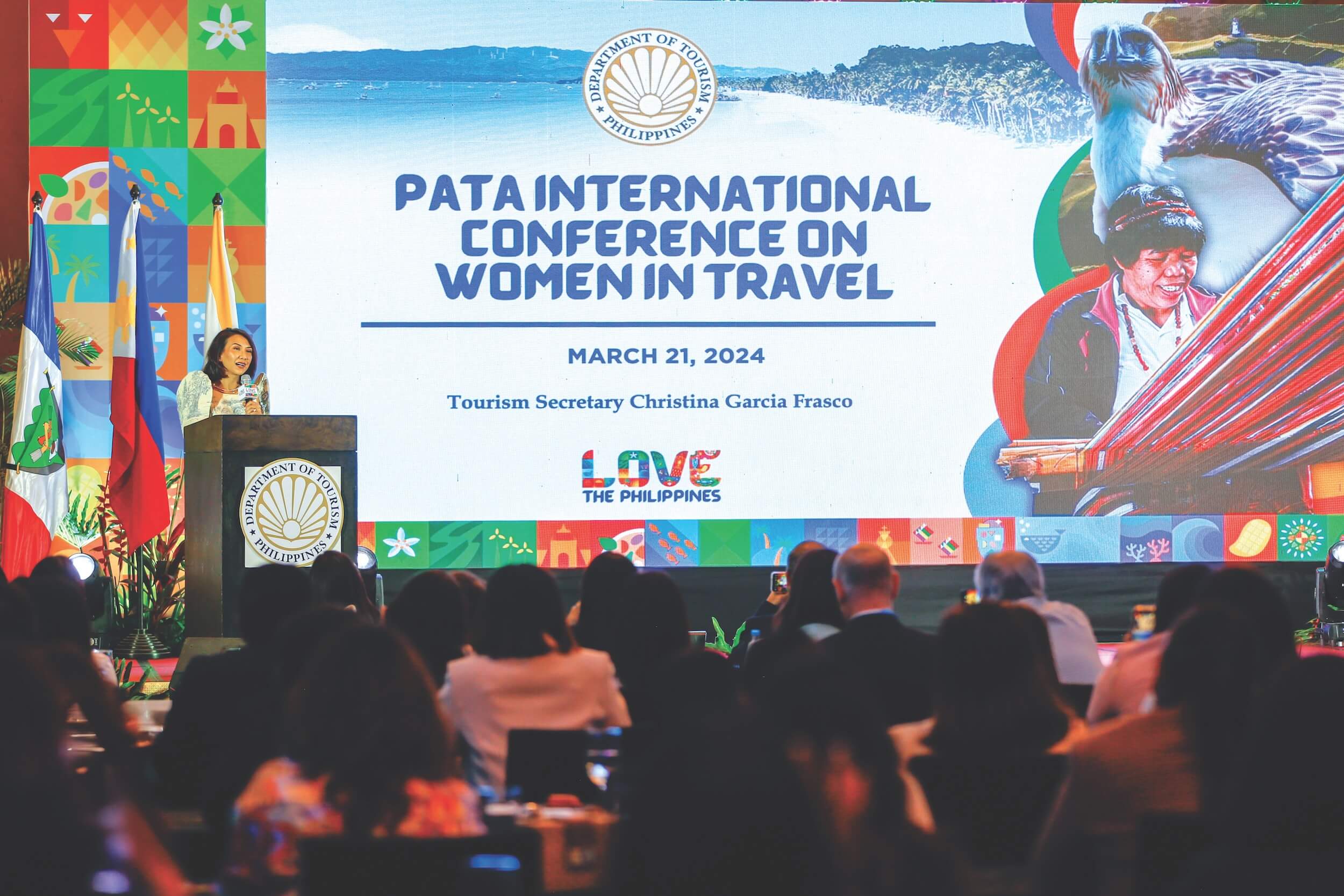



Countries around the globe face various types of catastrophic disasters. Tsunamis, volcanic eruptions, earthquakes, landslides, cyclones, typhoons, floods, drought, and other climate change-related hazards are among the most common natural disasters. Their intensity and unpredictability have resulted in great loss of lives and damages to property and infrastructure.
The ASEAN region is by no means safe from natural disasters. According to recent statistics, seven out of 10 ASEAN Member States are ranked globally as being highly or even very highly exposed to natural disasters.
Member States experience different types of natural disasters at different scales and frequency. Thus, it follows that they have different levels of knowledge and understanding about specific disasters. Thailand, for example, did not have much experience about tsunamis until giant waves from the Indian Ocean earthquake and tsunami first hit the Andaman Coast in the southern part of the country in December 2004. It was only after the tragedy occurred that the Thai public began to realise the terrifying devastation that tsunamis could cause and started learning how to protect themselves against a tsunami event.
Realising that natural disasters are borderless and can devastate multiple countries at the same time, ASEAN Member States have come up with a number of mutually agreed policies, joint measures, and collective efforts to protect the people and reduce the disaster losses of the region as a whole.
As a result of the ASEAN Agreement on Disaster Management and Emergency Response, or AADMER, the ASEAN Coordinating Centre for Humanitarian Assistance on disaster management, known as AHA Centre, was established. Most recently, in October 2020, the association launched the ASEAN Guidelines on Disaster Responsive Social Protection to Increase Resilience.
In essence, the guidelines demonstrate the linkages between social protection and disaster risk management, and elaborate on how social protection programmes and systems contribute to disaster response. These are precisely the kind of knowledge that social work practitioners must possess.
To enhance the understanding of ASEAN social workers on disasterresponsive social protection, as well as the post-disaster social resilience, the newly established ASEAN Training Centre for Social Work and Social Welfare (ATCSW), located in Thailand, is now in the process of formulating relevant technical and training curricula. The planned courses cover the subject areas of disaster risk reduction, social protection, and assistance to disaster victims. As the centre attaches importance to the up-skill training courses on information and communication, it intends to offer such courses as social workers as citizen media, and communication and information cooperation with mainstream media organisations and online media content providers. All these courses will equip social workers with the necessary skills to help people in emergency situations.
Apart from the above proposed courses, ATCSW is designing another curricula that will include courses such as global social work and social welfare and human trafficking, as well as online training course on protection of children in the context of migration. It is our strong belief that such curricula will help enhance the efficacy of social work practitioners as a whole.
The ATCSW expects to commence its training courses, both on-site and online, in 2021.
To complete the curriculum design process, the ATCSW looks forward to receiving inputs, recommendations, and suggestions from all experts, academia, stakeholders, partners, as well as readers of The ASEAN magazine. The ATCSW can be contacted by email at ATCSW.Thailand@gmail.com. All contributions are most welcome. ATCSW is located at Happiness Social City in Bang Lamung, Chonburi Province, in the Eastern region about 130 km. from Bangkok.








